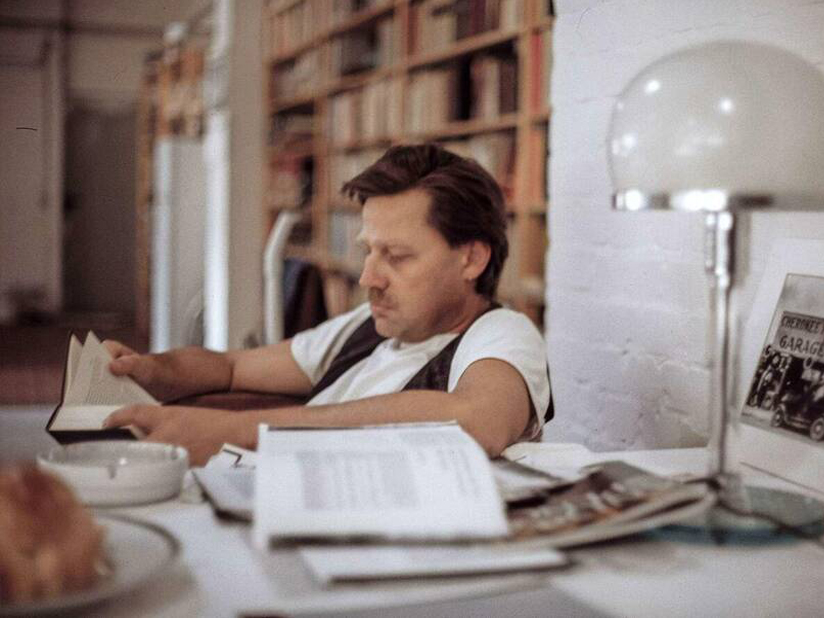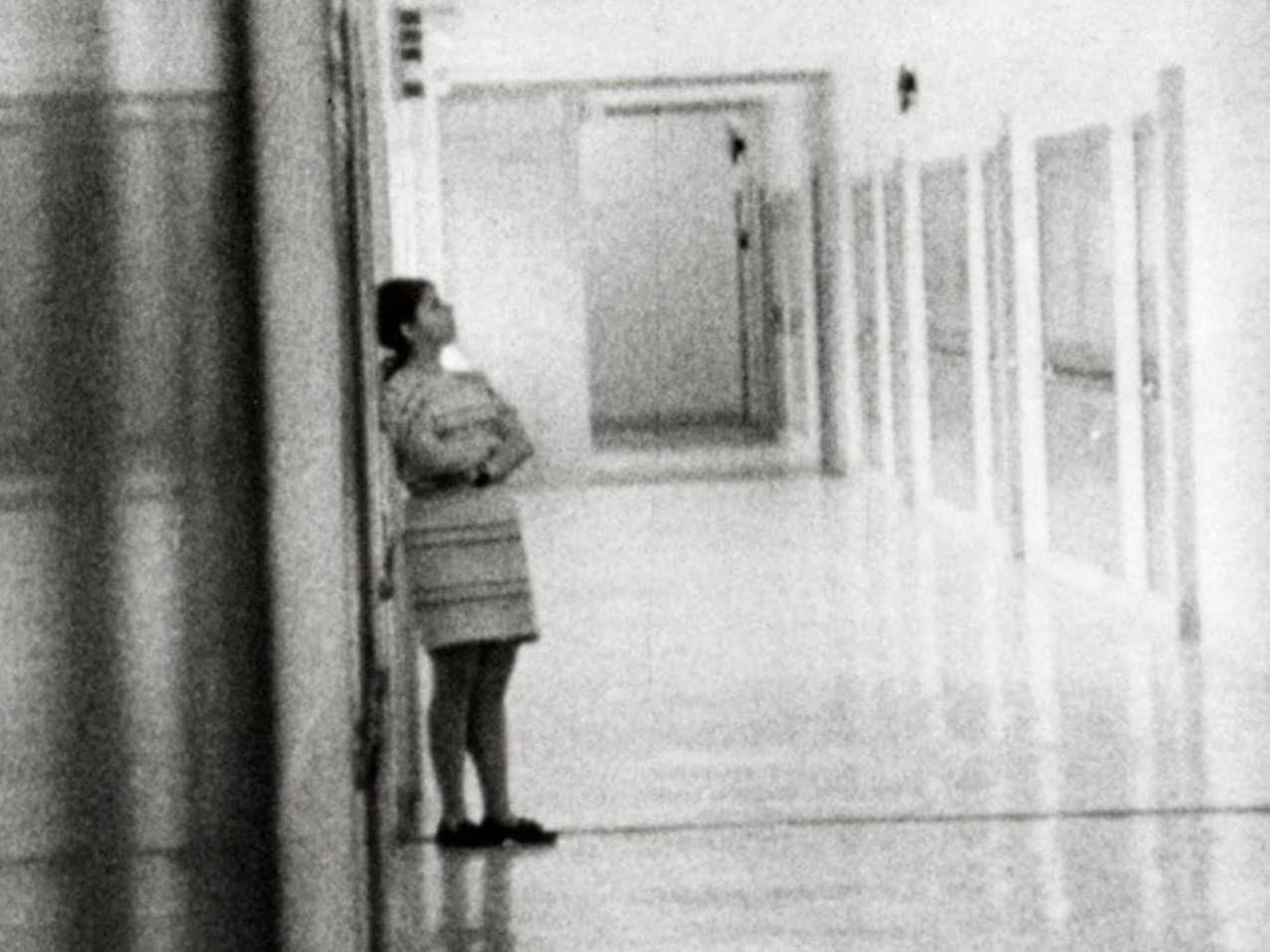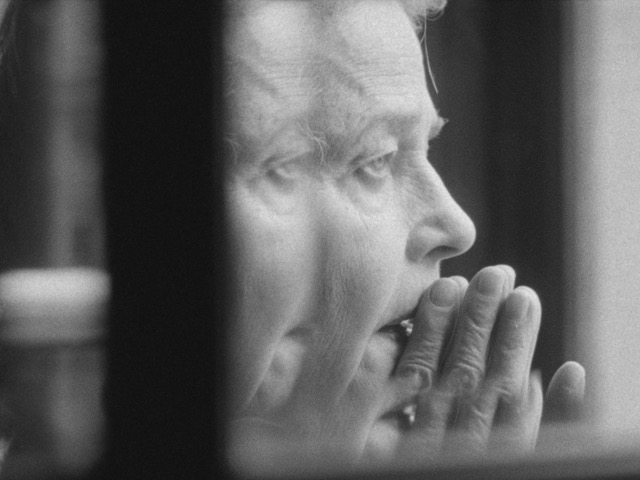Sabzian is a free online magazine that relies on the work of a group of dedicated volunteers. We could use your support. Please consider a donation! Sabzian est un magazine en ligne gratuit qui dépend du travail d’un groupe de bénévoles dévoués. Votre soutien nous aide beaucoup. Pensez à faire un don ! Sabzian is een gratis online magazine dat afhankelijk is van het werk van een groep toegewijde vrijwilligers. We kunnen uw steun goed gebruiken. Overweeg een donatie!
Related
Selection
This Week’s Agenda
Many documentary filmmakers have something to say about the term documentary. Nicolas Philibert hates it because it “helps to erect a boundary around a genre that has never ceased to evolve and whose porosity, shifting contours, and almost consanguine ties with […] fiction, are on the contrary well known. […] Images are less faithful to ‘reality’ than to the intentions of those who produce them.”
This week’s selection intentionally engages with reality. On Wednesday, Wiseman is our so-called fly on the wall, observing the “bland authoritarianism” of an American secondary school in 1968 in his film High School. Film critic Pauline Kael found the film “so familiar […] that a feeling of empathy with the students floods over us. How did we live through it? How did we keep any spirit? [I]t all floods back – the low ceilings, […] the constant defensiveness, that sense of always being in danger of breaking some pointless, petty rule.”
In Sans soleil, Chris Marker asks the same question but with quite different forms. “For many people, ‘engaged’ means ‘political,’ and politics, the art of compromise […] bores me deeply. What interests me is history, and politics interests me only to the degree that it represents the mark history makes on the present. With an obsessive curiosity [...] I keep asking: How do people manage to live in such a world?”
“What does psychosis reveal about us and the world?” asks Jen Debauche’s L’ancre. It’s a polar expedition that becomes an introspective journey, connecting the collapse of the human mind with the collapse of the natural world. “In navigation, dropping the anchor during a storm risks the boat breaking apart or spinning in circles. You have to weather the storm […] and only when the calm returns can you finally moor. The anchor both holds us back and allows us to reach solid ground.”
Belgian Premieres and Festivals
Each month, Sabzian lists upcoming Belgian premieres, releases and festivals.






















